However, the proposal of the Ministry of Education and Training to allow localities with conditions to implement free education early has encountered mixed opinions because it is considered to create inequality in access to education , contrary to the spirit of the 2013 Constitution: prioritizing education for disadvantaged areas, ethnic minority areas, and the poor.
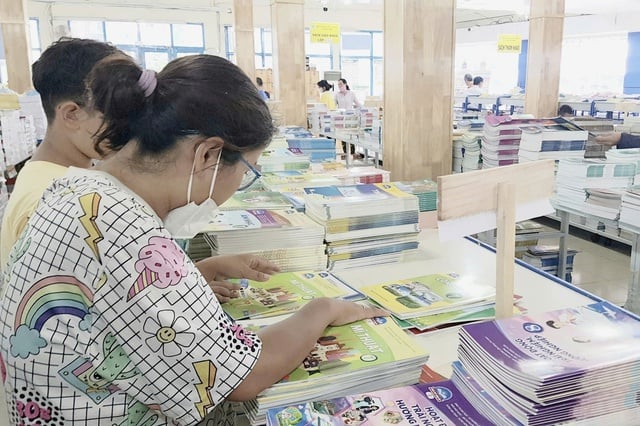
According to the roadmap for implementing a unified set of textbooks, from 2030 textbooks will be free for all students.
PHOTO: DAO NGOC THACH
LOCALITIES CAN IMPLEMENT FREE TEXTBOOKS SOON
According to the Ministry of Education and Training, localities with conditions can implement free textbooks early, instead of waiting for the whole country to do it simultaneously. This method aims to encourage local initiative and flexibility, speed up progress and draw lessons for other regions. On the other hand, the current merger of provinces and cities has expanded the scale of education, every locality has difficult areas, many students need to be exempted from free textbooks early, even in cities directly under the Central Government.
This is similar to tuition exemption. In 2018, Ho Chi Minh City was the first locality to propose exempting tuition fees for public secondary school students, but the Ministry of Finance at that time was concerned about the impact on fairness between regions. By the 2020-2021 school year, Hai Phong passed a resolution exempting tuition fees for 5-year-old preschool students and all general education levels. After that, many localities applied, and by the 2024-2025 school year, 8 provinces and cities exempted 100% of tuition fees from preschool to grade 12, including: Hai Phong, Da Nang, Ba Ria-Vung Tau, Yen Bai , Quang Ninh, Khanh Hoa, Quang Nam and Vinh Phuc.
Based on this experience and the resources saved from restructuring the apparatus, on February 28, 2025, the Politburo decided to exempt all tuition fees for public preschool and primary school students, while supporting non-public school students - a humane policy, superior to many Southeast Asian countries.
The free textbook policy is more advantageous than free tuition when there is a clear roadmap until 2030. The implementation needs to be flexible and step-by-step, avoiding haste and waste. At the same time, localities with developed socio-economic conditions should be allowed to implement early, giving priority to students and schools in disadvantaged areas before comprehensive expansion.
RISKS OF RELYING ONLY ON THE "DIFFICULT AREAS" CRITERIA TO IMPLEMENT EDUCATIONAL POLICIES
The reality in the Mekong Delta clearly demonstrates the risks of relying solely on the "difficult area" criteria to implement education policies.
This region has a fairly high level of socio-economic development, ranking third in the country in terms of per capita income, just behind the Southeast (formerly) and the Red River Delta. However, paradoxically, the Mekong Delta has the highest rate of high school dropouts in the country.
According to the mid-term census data on April 1, 2024, the educational level of people in this region is still the lowest among the 6 socio-economic regions (before the merger of provinces and cities in July 2025): the rate of people aged 15 and over who have not graduated from primary school is up to 20.7%, twice as high as the national average (10.6%); the rate of high school graduation or higher is only 23.5%, much lower than the Red River Delta (52.3%) or the Southeast (46.5%), North Central and Central Coast (40%), Northern mountainous region (35.2%) and Central Highlands (30.1%).
The reason is not only due to economic difficulties but also comes from awareness and learning behavior. Many parents in the Mekong Delta rely on support from the government or philanthropists; when the support runs out, their children drop out of school, go to work early or migrate with their parents. Therefore, the textbook exemption policy needs to be based on the actual level of difficulty of students, combined with economic and family conditions, so that all children - even in "rich but disadvantaged" areas - can enjoy equal education.
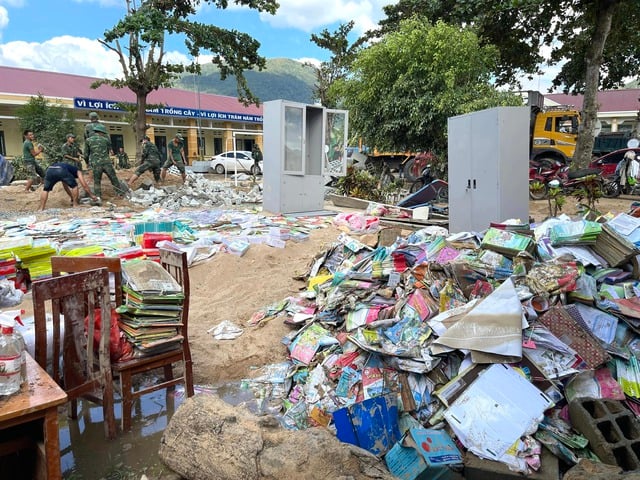
Books of students of Phu Mo Primary School (Phu Mo Commune, Dak Lak) were damaged by floodwaters. In order for the free textbook policy to be implemented fairly and effectively, first of all, the Central Government needs to prioritize resources for the most disadvantaged areas.
PHOTO: HUU TU
FAIR IMPLEMENTATION SOLUTIONS, REASONABLE ROADMAP
To implement the free textbook policy fairly and effectively, it needs to be implemented synchronously in four directions.
First of all, the Central Government needs to prioritize resources for the most disadvantaged areas - where students are at high risk of dropping out of school such as mountainous areas, islands, coastal areas, ethnic minority areas and the Mekong Delta. These are the areas that need to access policies the soonest.
Second, for localities with developed economic conditions, early implementation should be allowed but focusing on vulnerable groups such as poor students, children of workers, freelance workers, and border boarding schools. At the same time, social resources should be mobilized so that the development not only supports the right subjects but also shares funding with more difficult localities.
Third, to make the free textbook distribution effective and economical, the quality of textbooks must be improved, both in content and printing and binding techniques, to ensure long-term use. Schools need to arrange safe storage facilities to avoid mold and natural disasters. Students borrowing books from the library need to be conscious of preserving them, and books purchased by their families should be donated after the school year.
Finally, the Ministry of Education and Training needs to promote the digitization of textbooks and build a shared open learning resource repository, providing it for free to teachers and students nationwide. This is a sustainable approach, reducing costs, and at the same time narrowing the gap in knowledge access between regions.
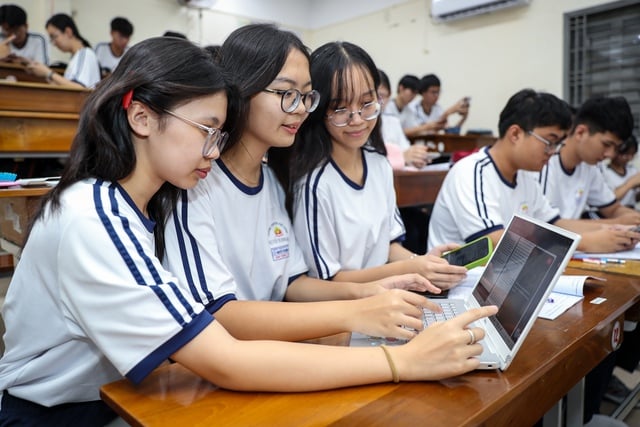
It is necessary to promote the digitization of textbooks and build a shared open scientific resource warehouse.
Photo: Nhat Thinh
NEED TRANSPARENT REGULATIONS, SUPERVISION AND COMMUNICATION
For the free textbook policy to be truly fair and effective, the State needs to develop a set of transparent criteria to accurately identify regions and groups of students that need priority. The criteria must be based on the poverty rate, average income, dropout rate and accessibility to textbooks in each locality, instead of being applied mechanically according to administrative boundaries. At the same time, it is necessary to establish an independent monitoring mechanism with the participation of the government, press agencies and social organizations to ensure support reaches the right subjects, avoiding loss and waste. The Ministry of Education and Training should issue unified regulations on the provision and borrowing of textbooks, clearly defining the responsibilities of schools, teachers and students in the use, preservation and circulation of books.
Localities with development conditions should proactively socialize the provision of free textbooks through welfare funds, businesses, and charitable organizations.
However, free textbooks are only part of the student support policy. If people's awareness of the value of education is limited, the risk of dropping out of school still exists. Therefore, along with material support, it is necessary to promote communication, school counseling and career education, helping parents and students understand that studying is not only an obligation but also a right and a sustainable way out of poverty.
OPINION
Which roadmap and plan should we follow to make TEXTBOOKS free?
Priority should be given to free textbooks for students in remote areas, island areas, and disadvantaged areas, especially in provinces and cities that are frequently affected and severely damaged by storms and floods. Initially, we should have a budget fund for free textbooks, in addition to the government budget, there should also be contributions from leading economic localities such as Ho Chi Minh City, Hanoi, philanthropists, and businesses to prioritize free textbooks for disadvantaged areas.
Mr. To Thanh Liem (Principal of Dinh Bo Linh Primary School, Tan My Ward, Ho Chi Minh City)
The exemption of textbooks for students nationwide needs to be implemented gradually, following a roadmap, first giving priority to students in border islands, remote areas, and gradually moving towards exemption for all students in 34 provinces and cities. The budget for this exemption needs to be allocated to localities to proactively balance from the provincial budget, with public and transparent finances. This helps localities increase their sense of responsibility for economic development while promoting local education development, without the mentality of "depending on" or waiting for "subsidized" budgets from the State; at the same time, it also reduces pressure on the State budget.
Mr. Ho Van Thanh (Principal of Quynh Luu 4 High School, Quynh Tam Commune, Nghe An Province)
It is necessary to make textbooks free nationwide to be fair and not disadvantage any student group. However, there are 3 concerns: First, by 2030, free textbooks for students nationwide, is it understood that each year each student will be given a new set of textbooks, or will students who have finished the previous course save them for the next course? Second, when textbooks are free for students, will the bookstore system sell textbooks on the market, in case they need to buy more? Third, an urgent matter, which should be given no less priority, is 100% free health insurance for students nationwide, this is extremely humane.
Mr. Van Nhat Phuong (Principal of Le Dinh Chinh Primary School, Minh Phung Ward, Ho Chi Minh City)
Thuy Hang (written)
Source: https://thanhnien.vn/mot-bo-sach-thong-nhat-tim-giai-phap-cong-bang-thuc-hien-mien-phi-sach-giao-khoa-185251113224435059.htm




![[Photo] Special class in Tra Linh](https://vphoto.vietnam.vn/thumb/1200x675/vietnam/resource/IMAGE/2025/11/14/1763078485441_ndo_br_lop-hoc-7-jpg.webp)
![[Photo] Deep sea sand deposits, ancient wooden ship An Bang faces the risk of being buried again](https://vphoto.vietnam.vn/thumb/1200x675/vietnam/resource/IMAGE/2025/11/13/1763033175715_ndo_br_thuyen-1-jpg.webp)
![[Photo] Unique art of painting Tuong masks](https://vphoto.vietnam.vn/thumb/1200x675/vietnam/resource/IMAGE/2025/11/14/1763094089301_ndo_br_1-jpg.webp)

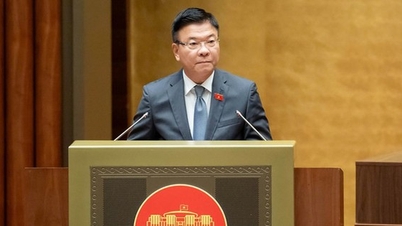

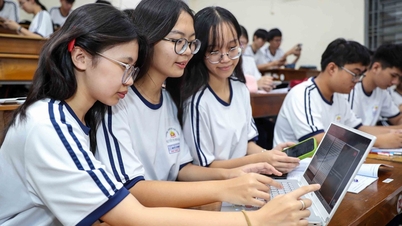
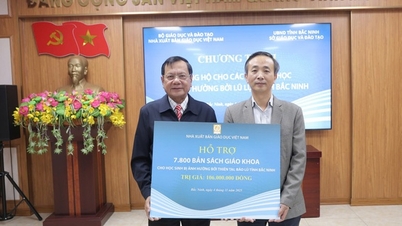
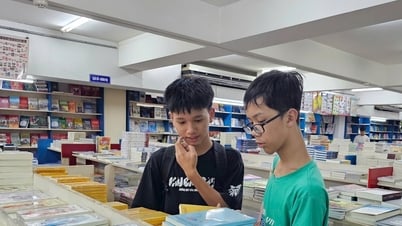

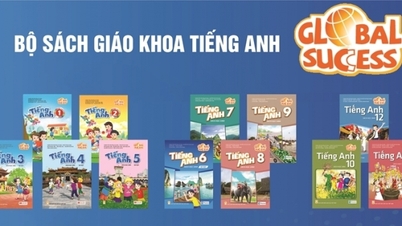

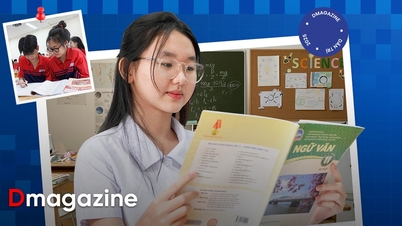

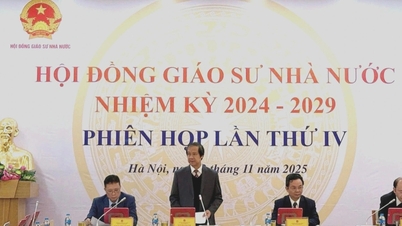
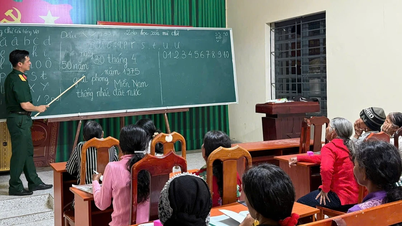

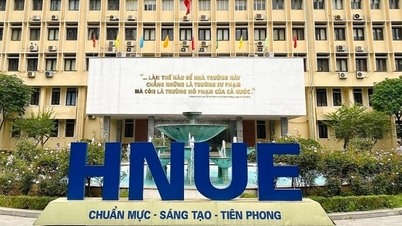



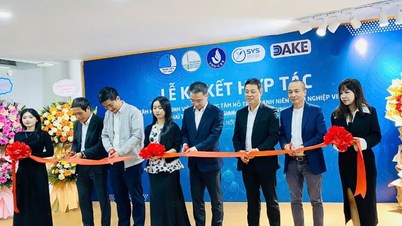








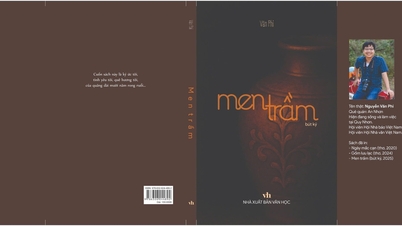






































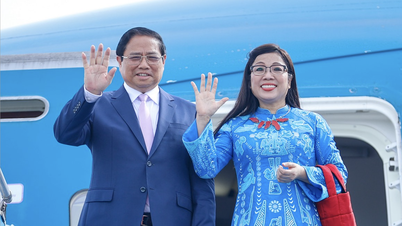


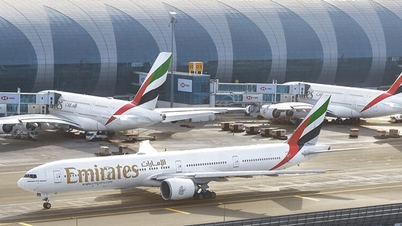



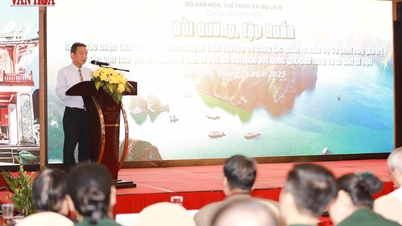


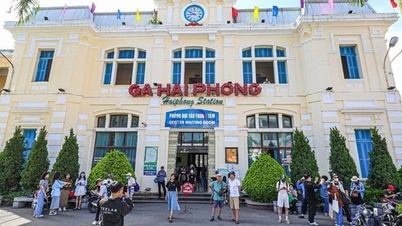



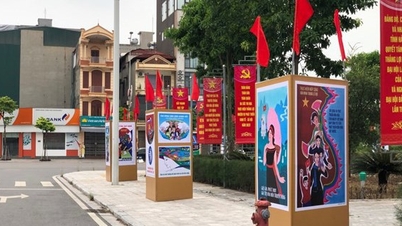
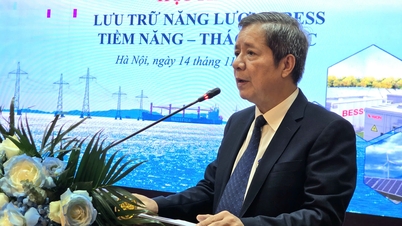
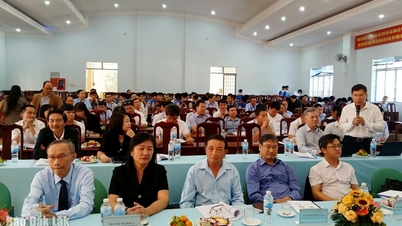

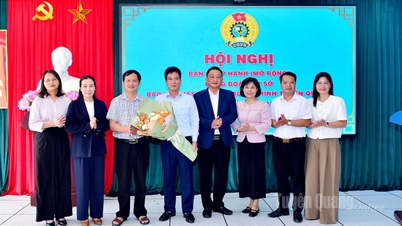

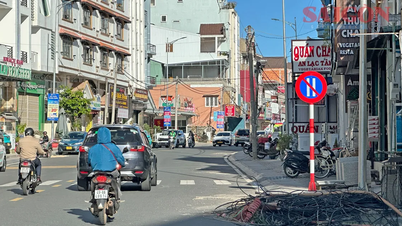
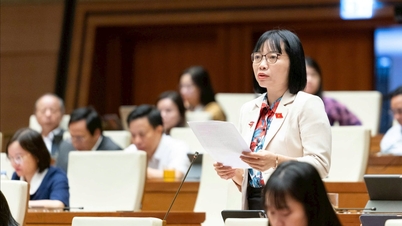

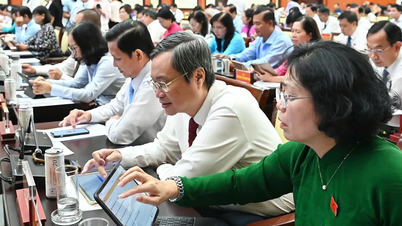
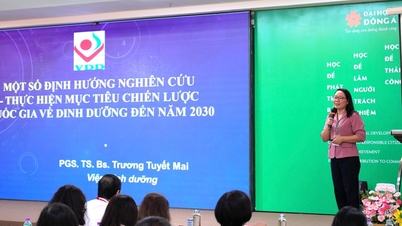





![Dong Nai OCOP transition: [Article 3] Linking tourism with OCOP product consumption](https://vphoto.vietnam.vn/thumb/402x226/vietnam/resource/IMAGE/2025/11/10/1762739199309_1324-2740-7_n-162543_981.jpeg)






Comment (0)